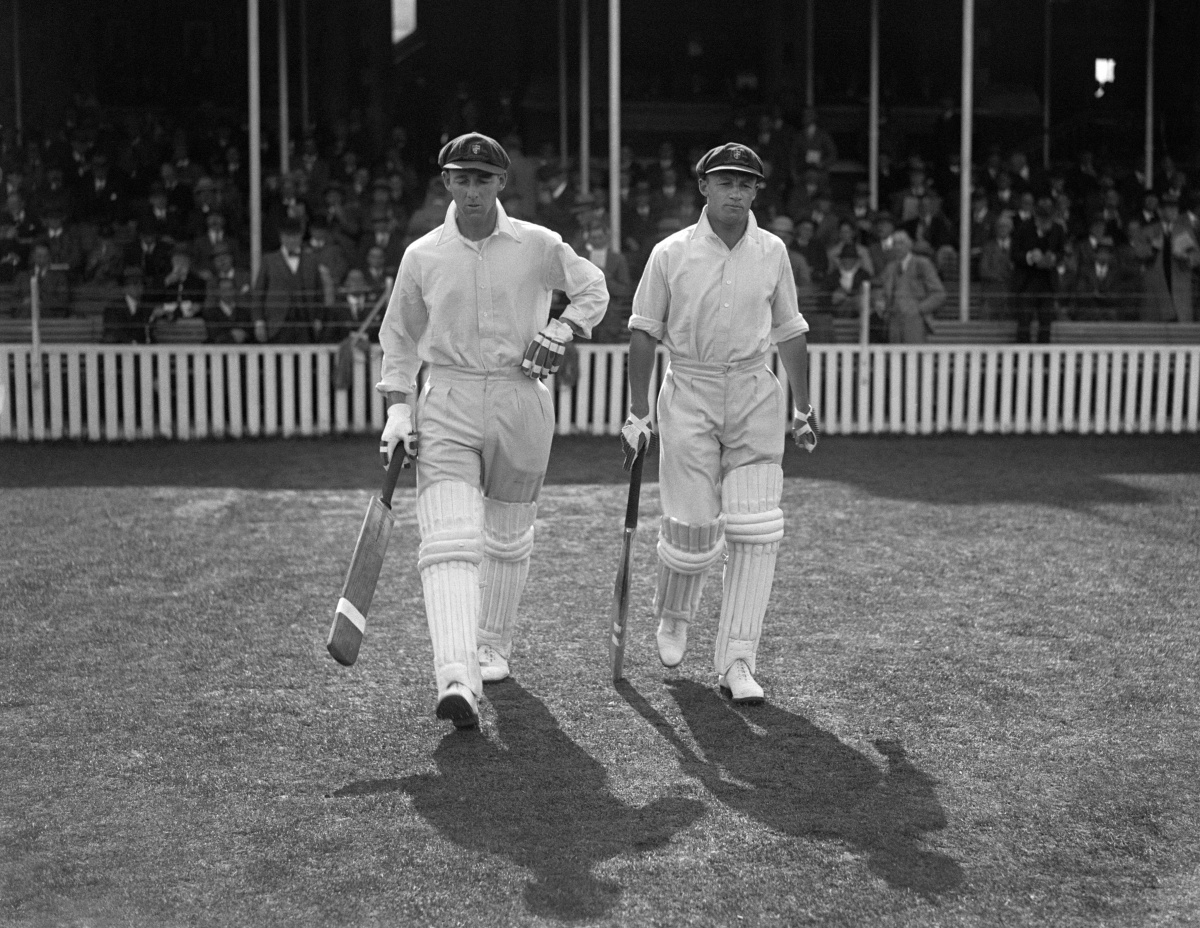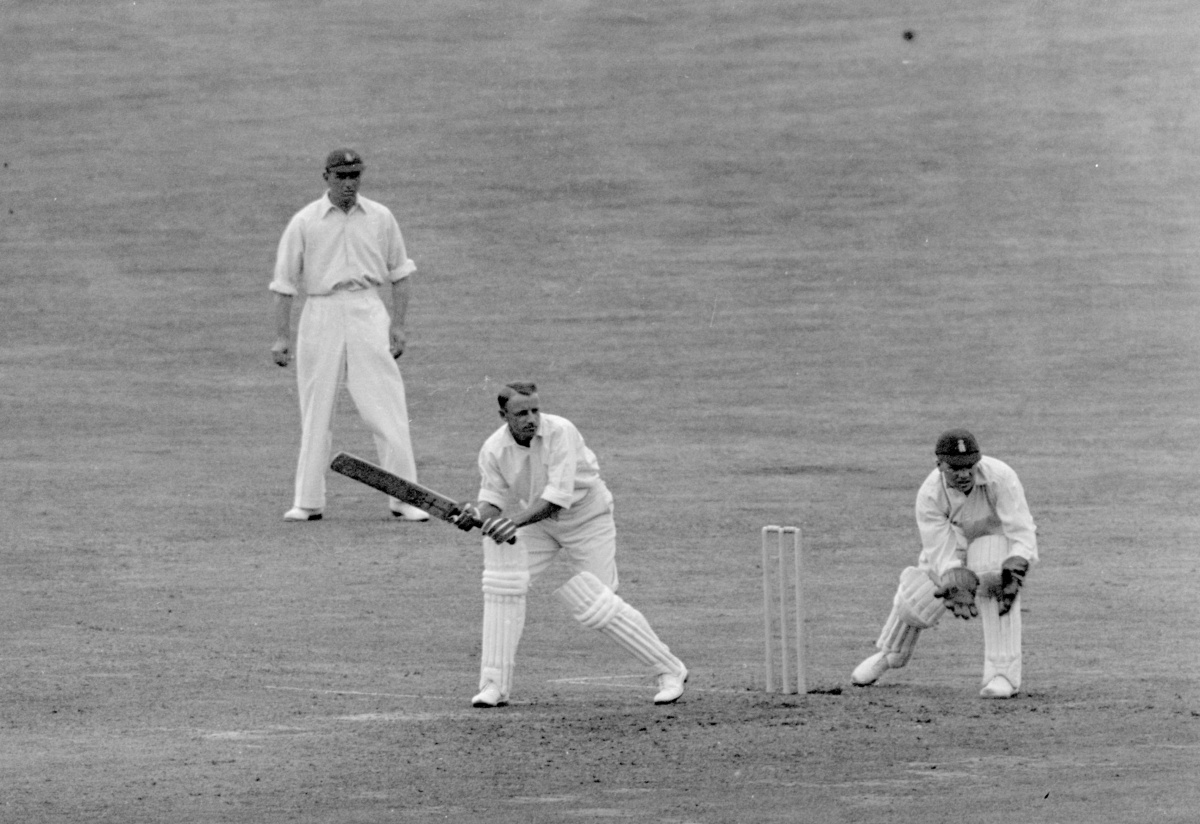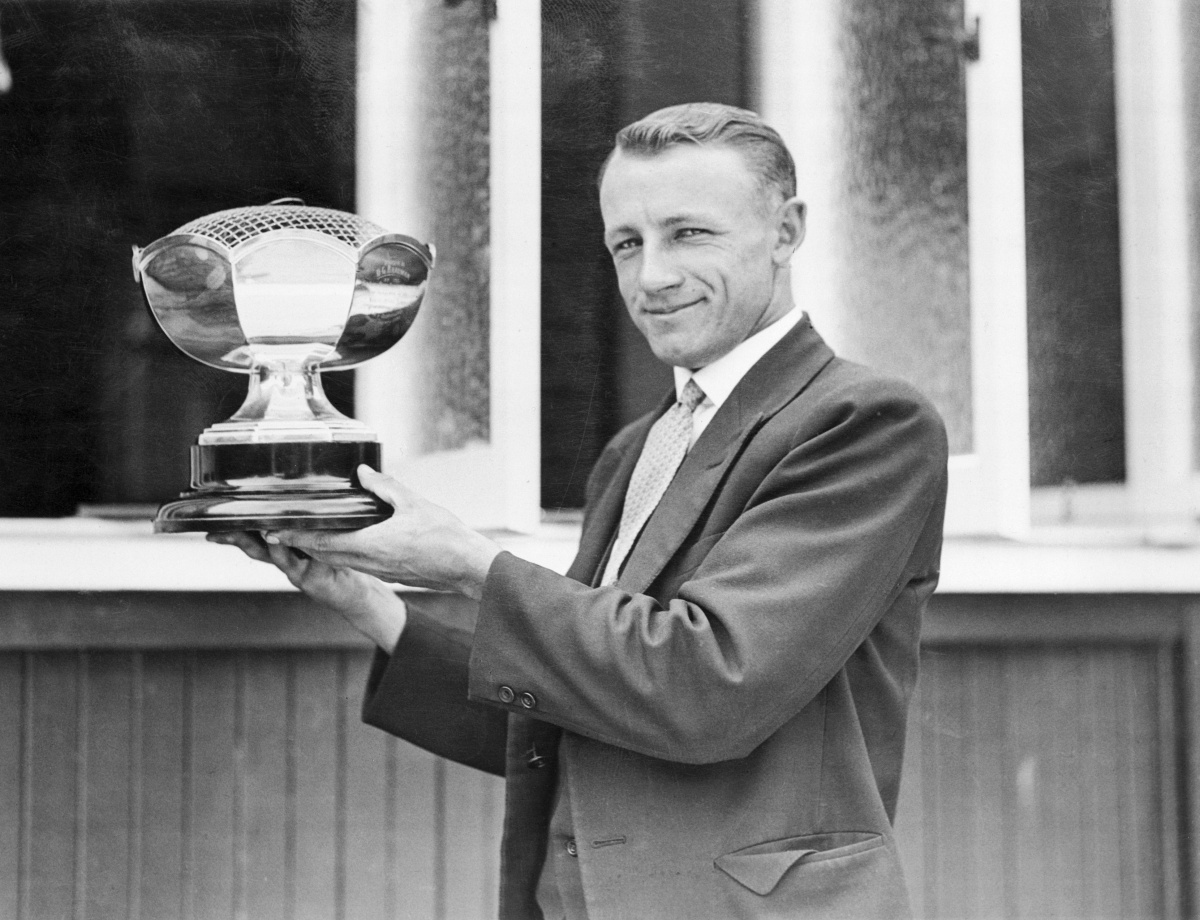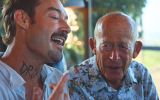


On this day in 1930, a sporty young Australian named Don Bradman cracked 191 in a tour match against Hampshire, including 26 fours.
A stellar performance during the warm-up county matches and in the 2-1 Ashes series win would launch his groundbreaking career.
And soon, ‘The Don’ would be a household name.
Universally regarded as the greatest batsman of all time, Sir Donald Bradman was just 21 years old when he helped lead the Australian cricket team to an unlikely victory in the 1930 Ashes series against England.
At the time, Bradman only had four Test matches under his belt and many observers expected him to struggle on English pitches due to his unorthodox cross-bat style.
His teammate Archie Jackson had a much more elegant batting technique and was tipped to be the favourite of the pair.

But Bradman exceeded everyone’s expectations.
He began the tour with an impressive 236 at Worcester, 185 at Leicester, 78 against Yorkshire and a huge 252 against Surrey.
On June 1, he hit 191 against Hampshire, scoring 1000 first-class runs by the end of May – the fifth player and first Australian to achieve this rare feat.
He also dominated the Test series by compiling 974 runs at an average of 139.14.
The statistics that Bradman achieved on the tour, especially in the Test matches, broke many records – some of which remain to this day.

His 2960 runs in first-class matches at an average of 98.66, including 10 centuries, was the most by any overseas batsman on a tour of England.
The 1930 Ashes series in which he scored a century in four of the five Tests – including 131 at Trent Bridge, 254 at Lord’s, 334 at Headingley [Leeds] and 232 at The Oval – kickstarted his rapid rise from playing bush cricket in the small town of Bowral in New South Wales to setting records with the Australian Test team.
Bradman’s success resulted in the English beginning its plotting of leg theory for what became the infamous 1932 Bodyline series in Australia.
Bradman became Australia’s sporting idol at the peak of the Great Depression and was the first cricketer to be knighted in 1949 for his services to cricket.
His Test batting average of 99.94 has been cited as the greatest achievement by any sportsman in a major sport.












